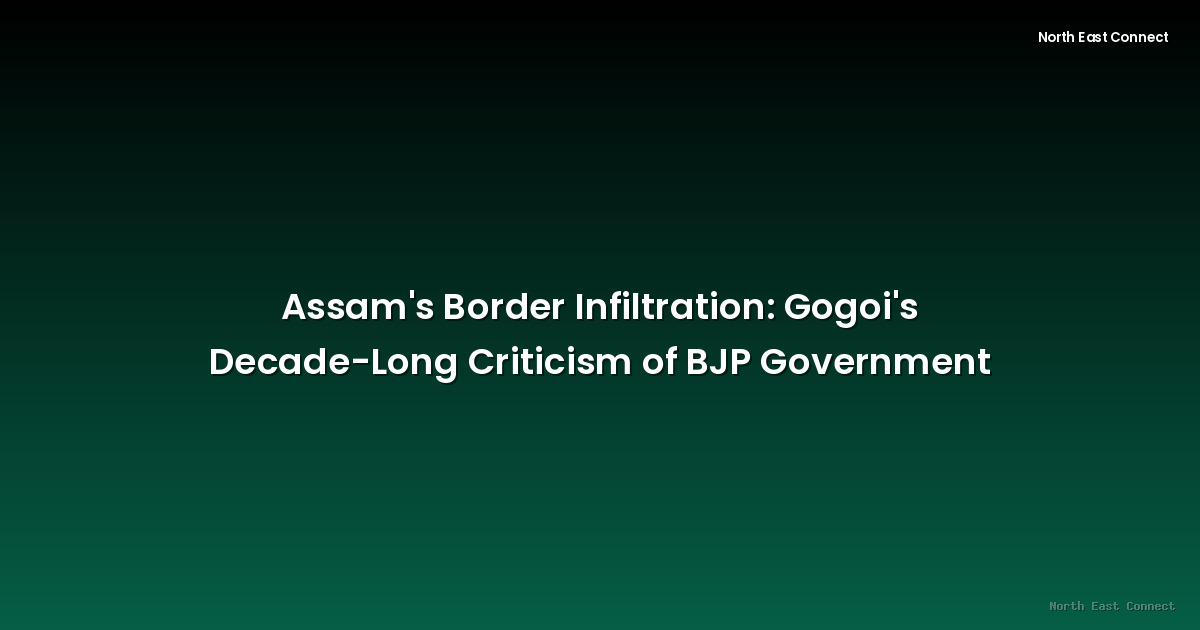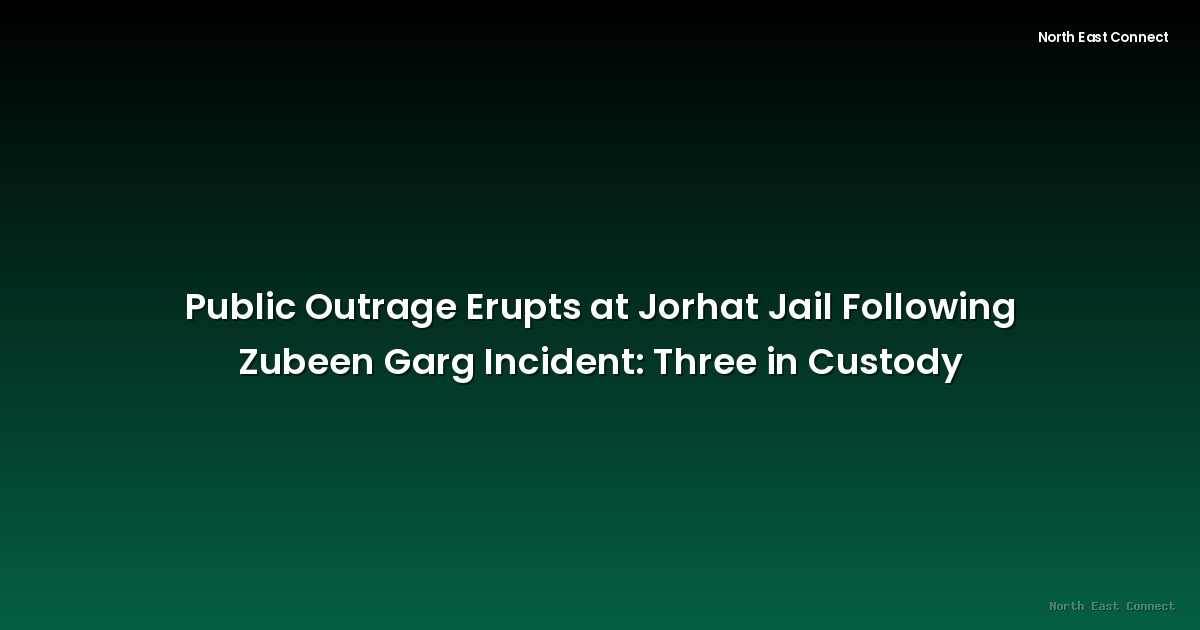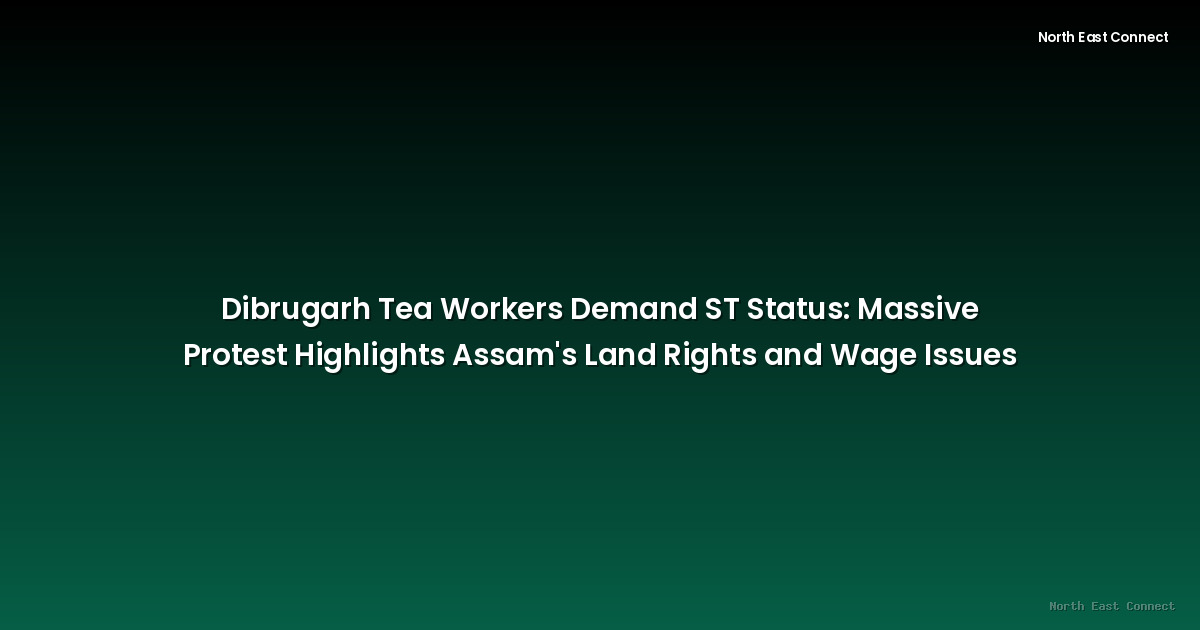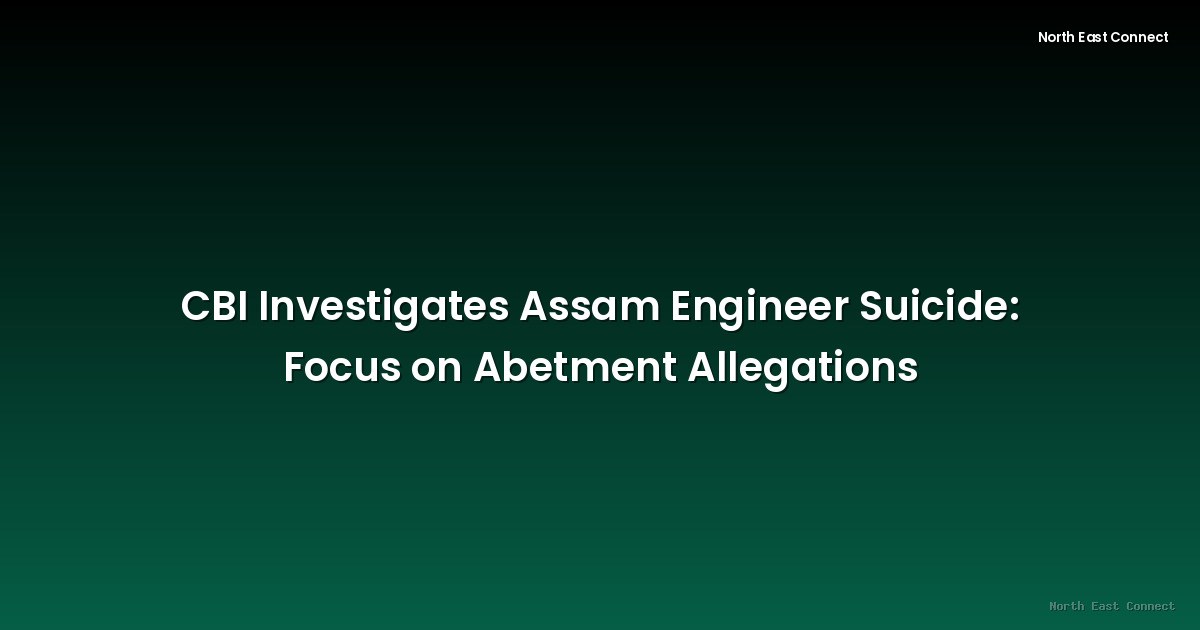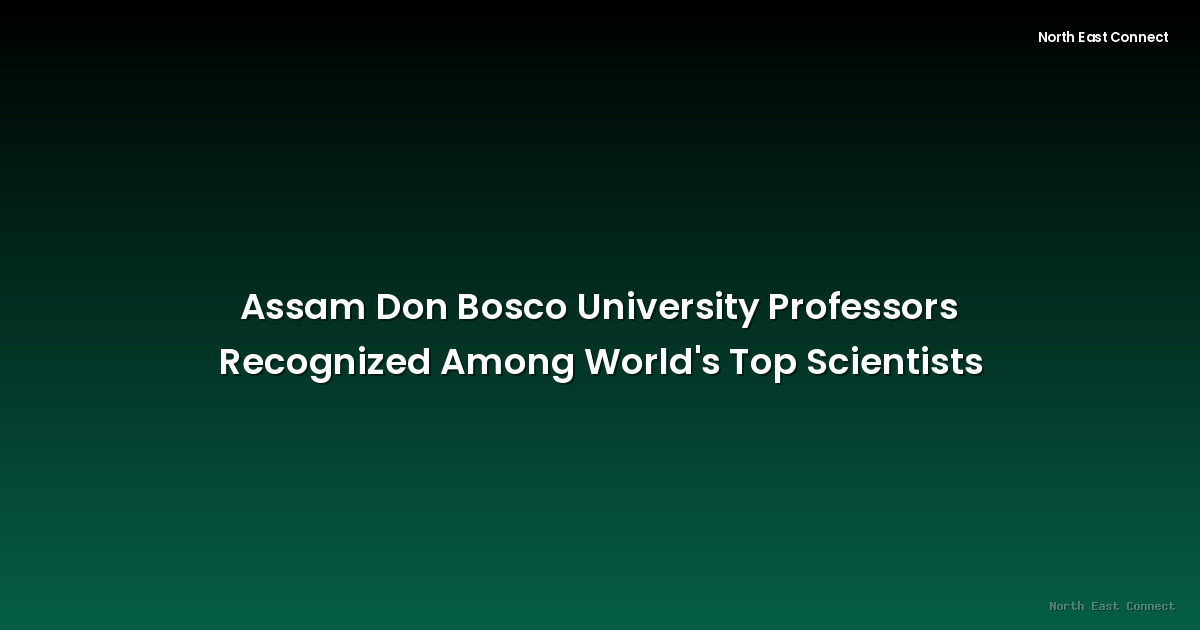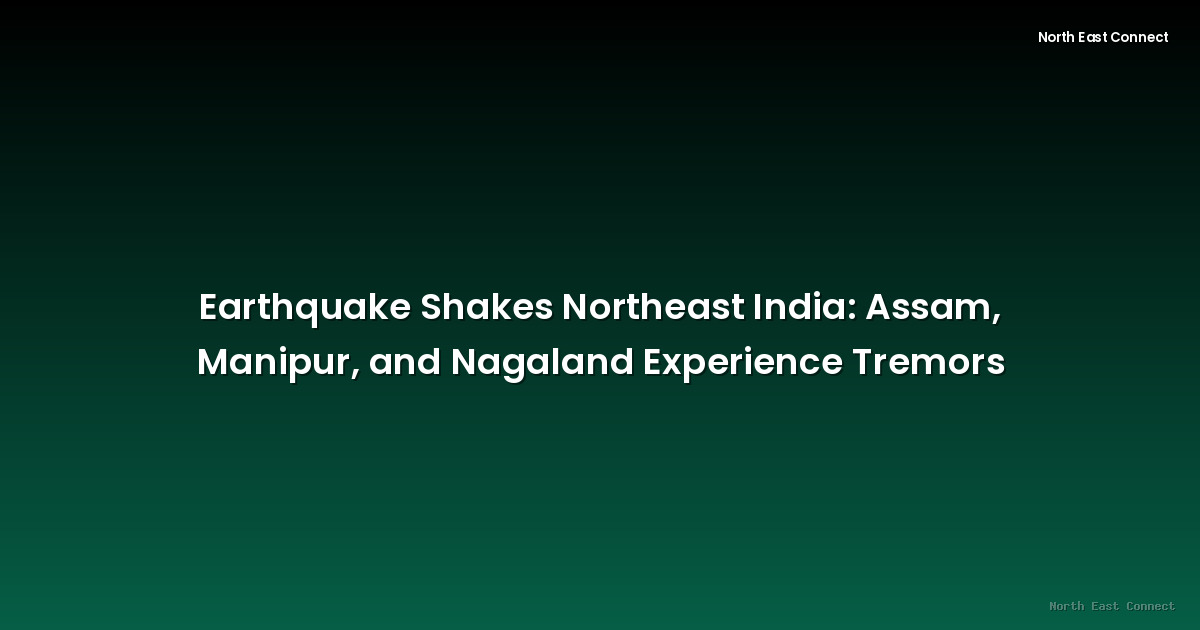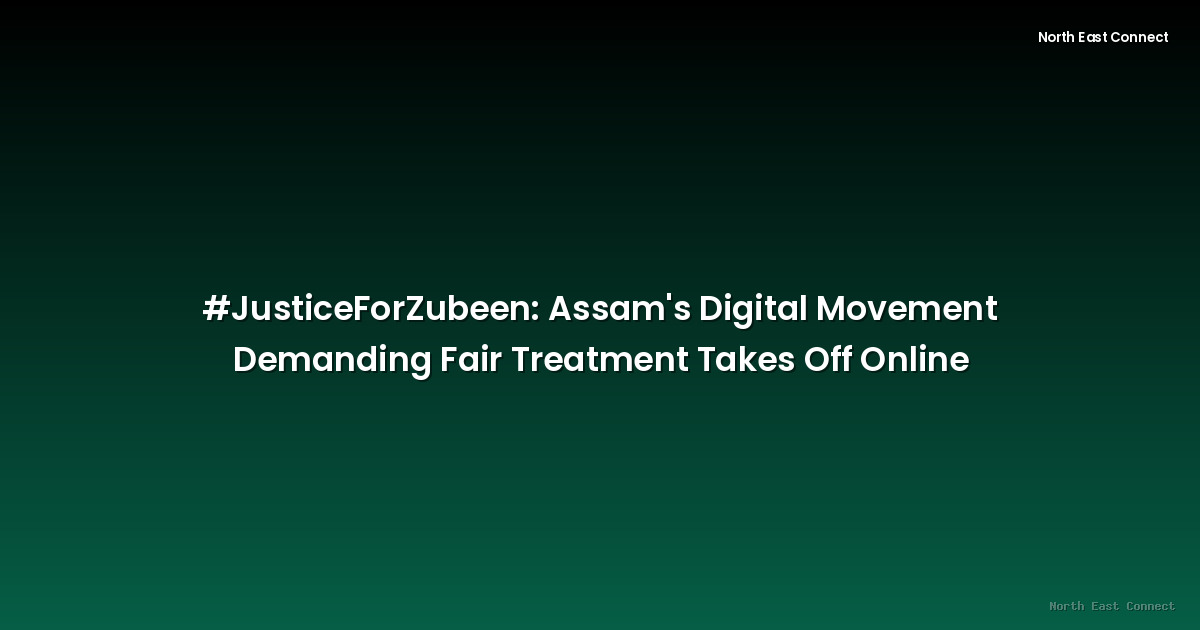2025-08-26 · News
Assam's complex border with Bangladesh continues to be a focal point of political debate, particularly regarding the issue of infiltration. Recently, Congress leader Gaurav Gogoi leveled sharp criticism against the ruling Bharatiya Janata Party (BJP) government in Assam, marking a decade of their governance. His central argument hinges on the persistent problem of infiltration despite the BJP's prolonged tenure.
Gogoi's criticism focuses on the alleged lack of effective measures to curb illegal immigration across the porous border. He asserts that despite promises and initiatives undertaken by the BJP government, the influx of infiltrators remains a significant concern for the state. The specifics of the alleged failures were not detailed in the original reporting, however, the statement itself highlights a significant ongoing issue in the region.
The ongoing debate underscores the multifaceted nature of the border security challenge in Assam. Geographical factors, including the extensive and often undefended border, contribute significantly to the difficulty of effectively controlling illegal crossings. Further, the complex socio-political dynamics, involving intertwined communities and historical migration patterns, add another layer of complexity to the issue.
While the BJP government has implemented various initiatives, including border fencing and improved surveillance, Gogoi's statement suggests these efforts have not been entirely successful in addressing the problem. The statement highlights a perceived gap between the government's claims and the ground reality experienced by the people of Assam. It remains to be seen how the government will respond to these accusations and what further steps, if any, it plans to take to mitigate the issue of illegal immigration.
The accusations from Gogoi represent a significant challenge to the BJP’s narrative of success in governing Assam. The statement highlights the importance of continued focus on addressing this long-standing issue, one that affects the daily lives of many Assamese citizens. The long-term implications of unresolved border security concerns, including socio-economic pressures and potential security risks, continue to warrant substantial attention and comprehensive solutions from all stakeholders.
Further investigation and detailed data would be necessary to fully assess the effectiveness of current border control measures and determine whether the scale of infiltration matches the concerns raised by Gogoi. The ongoing dialogue on this issue emphasizes the importance of open discussion and transparency in order to address the challenges facing Assam's border regions. The continuing political tension around this issue will likely remain a key topic in Assam's political landscape for the foreseeable future.

